Azerbaijan lambasts France for renewing fresh cycle of arming Armenia France fuels Armenia's militarization
The geopolitical landscape of the South Caucasus region is becoming increasingly complex, with France's recent arms deals with Armenia drawing severe criticism from Azerbaijan. The announcement of Paris preparing to supply Yerevan with fresh military hardware and weapons will likely exacerbate the already tense situation further, encouraging Armenia to evade abiding by contractual obligations and involve new actors with vested interests in the region.
France's arms deals with Armenia
The Azerbaijani Defence Ministry issued a statement condemning France for supplying Armenia with lethal and assault artillery installations, including CAESAR self-propelled howitzers. This development follows reports of a contract signed between France and Armenia for these military supplies, despite previous French assurances that any equipment provided would be defensive.
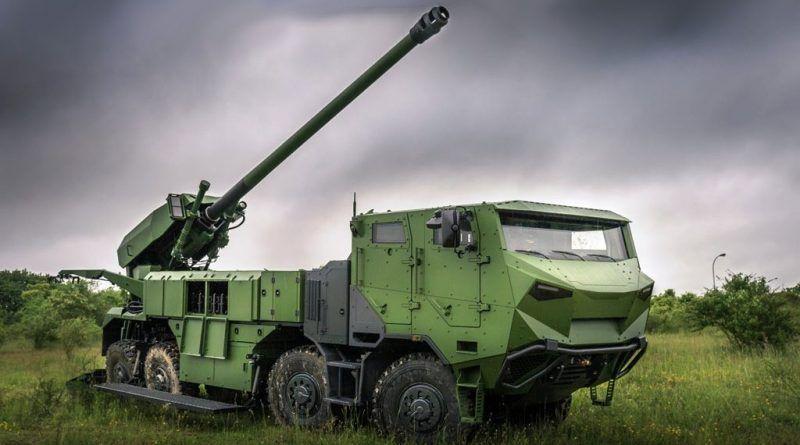
The Azerbaijani ministry highlighted the hypocrisy of the French leadership, pointing out that France's actions contradicted its earlier claims. According to the statement, "equipping Armenia with lethal weapons under the current military deal is another manifestation of the hypocrisy of the French leadership".
This perceived duplicity has intensified tensions in the already volatile South Caucasus region.
French-Armenian military cooperation has been steadily deepening. On June 17, 2024, Armenian Defense Minister Suren Papikyan and French Armed Forces Minister Sébastien Lecornu reached new agreements, expanding their military-technical cooperation. France committed to providing Armenia with CAESAR howitzers, further enhancing Armenia's military capabilities.
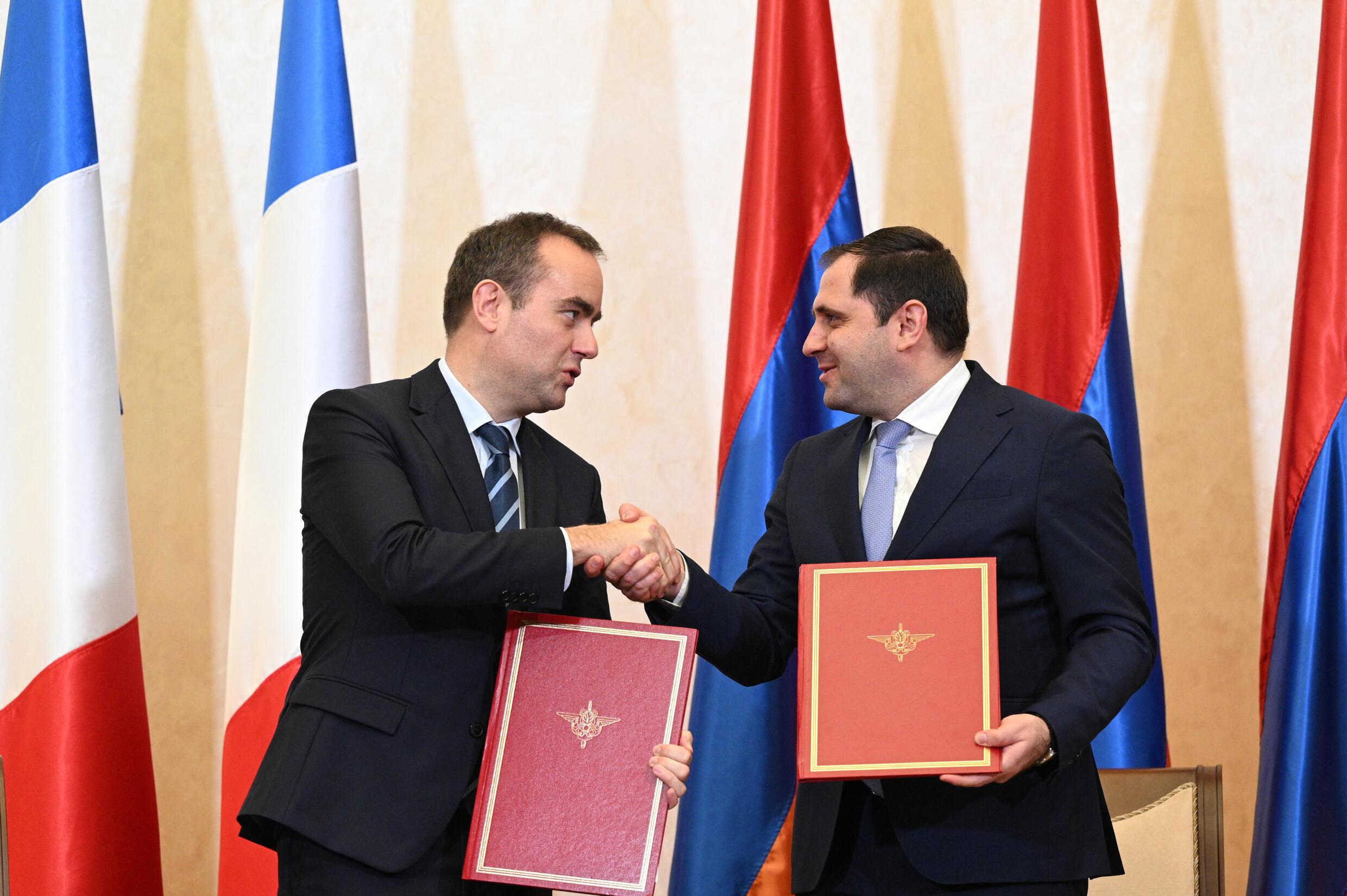
Political analysts see this as an intermediate stage in Armenian-French cooperation, expecting Armenia to acquire significantly more military equipment from France and other Western countries over time. This cooperation aligns with the collective West’s interest in reducing Russia’s influence in the South Caucasus, which currently benefits Armenia.
France’s actions in the South Caucasus are part of a broader strategy to assert its influence in regions historically dominated by other powers, such as Russia and Türkiye. By strengthening its military ties with Armenia, France is positioning itself as a key player in the regional dynamics of the South Caucasus. This move is seen as an attempt to fill the power vacuum left by the weakening of Russian influence.
However, France's involvement is not limited to the South Caucasus. The Macron administration has faced significant challenges domestically and in its overseas territories. The French ruling party recently lost the European Parliamentary Elections (EPE), and President Macron had to disband the national assembly. Additionally, France's colonial legacy continues to create friction, as seen in New Caledonia, where protests and violence against French rule and exploitation of natural resources are escalating.
Reactions & implications
Azerbaijan has reacted strongly to France's military support for Armenia, accusing Paris of torpedoing peace efforts between Baku and Yerevan. The Azerbaijani Foreign Ministry stated, "The Macron regime, pursuing a policy of militarization and geopolitical intrigue in the South Caucasus region, is an obstacle to normalization of relations between Armenia and Azerbaijan and ensuring lasting peace in the region."
This condemnation reflects broader concerns about the destabilizing impact of foreign military support in conflict-prone areas. Azerbaijan views France's actions as provocative and detrimental to the fragile peace process in the region.
Analysis of recent developments
The timing of these developments is critical. They come ahead of the expected signing of a peace agreement between Baku and Yerevan, amid ongoing border demarcation efforts. The 20 km-long demarcation of the borders between Armenia and Azerbaijan is a sensitive issue, and any perceived external interference can exacerbate tensions.
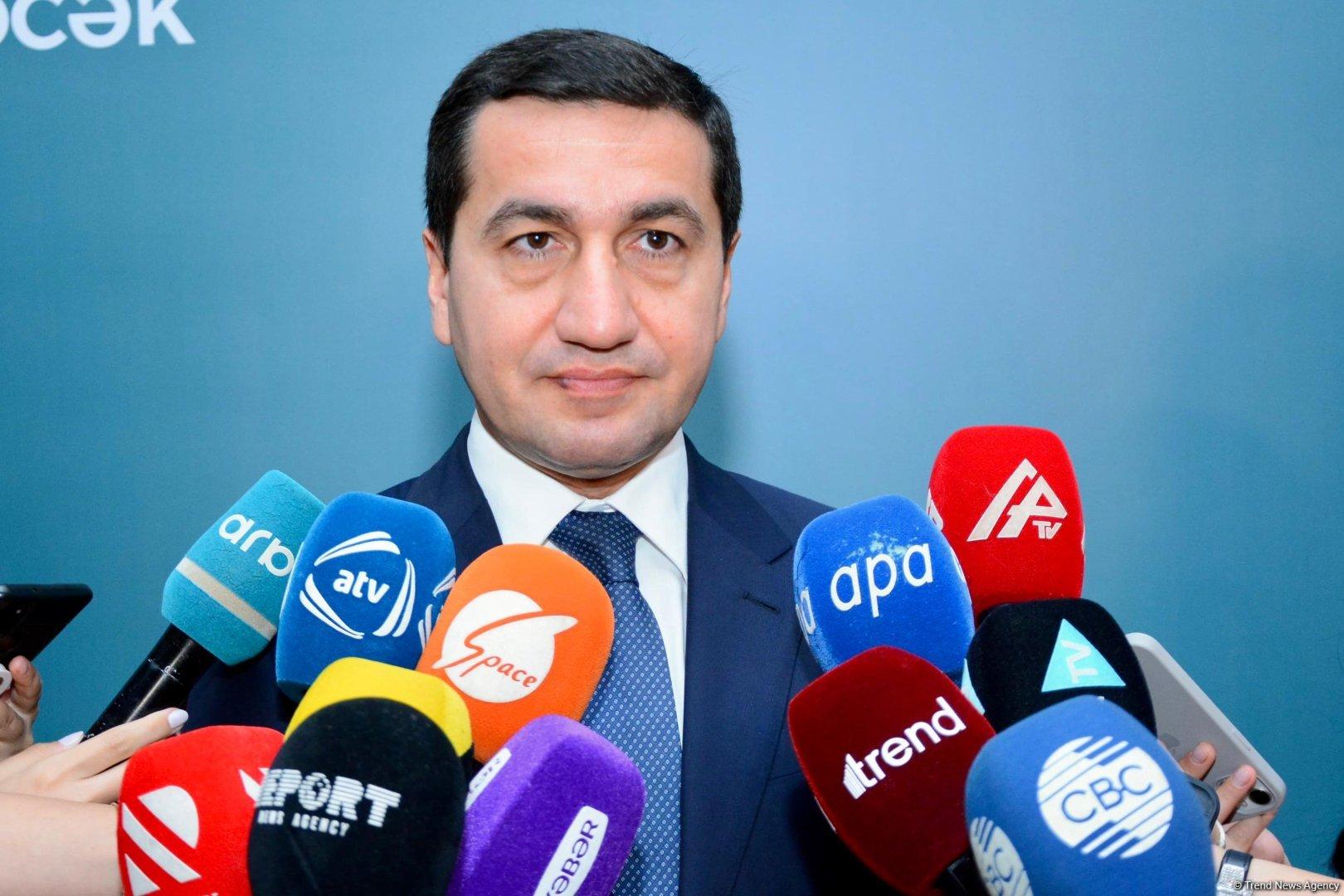
Political analysts believe that Armenia's alignment with Western powers, particularly France, is driven by its desire to counterbalance Russian dominance in the region. This shift in alliances is seen as a strategic move to diversify Armenia's security and foreign policy.
Armenia's recent military acquisitions from France are part of a broader pattern of Western support. In October 2023, Armenia and France signed a military cooperation agreement, including the supply of GM 200 radar stations and Mistral short-range missiles. In November, discussions in Azerbaijan centered on France's shipment of Bastion armored vehicles to Armenia via Georgia, further indicating a robust arms pipeline.
France's historical context and current challenges
France's involvement in the South Caucasus cannot be viewed in isolation. The country has a long history of colonialism and military intervention, often leading to prolonged conflicts and instability. The current situation in New Caledonia, where anti-French sentiments are on the rise, is a stark reminder of France's contentious colonial past.
In this context, France's actions in the South Caucasus can be seen as a continuation of its historical pattern of external interference. The exploitation of local resources, suppression of protests, and demographic changes due to colonial policies have left a lasting impact on France's global reputation.
Domestically, France faces significant political challenges. The recent loss of the European Parliamentary Elections (EPE) by Macron’s ruling party and the subsequent disbanding of the national assembly signal political instability. This instability is mirrored in France's overseas territories, where the legacy of colonialism continues to spark unrest.
In New Caledonia, anti-French sentiments have escalated into protests and violence against French rule and the exploitation of the island’s natural resources. These events highlight the ongoing struggle for independence and the resentment towards France's colonial legacy.
France's military support for Armenia, coupled with its broader geopolitical ambitions, has significant implications for the South Caucasus region. By providing Armenia with advanced military equipment, France is not only bolstering Armenia's defense capabilities but also positioning itself as a key influencer in the region.
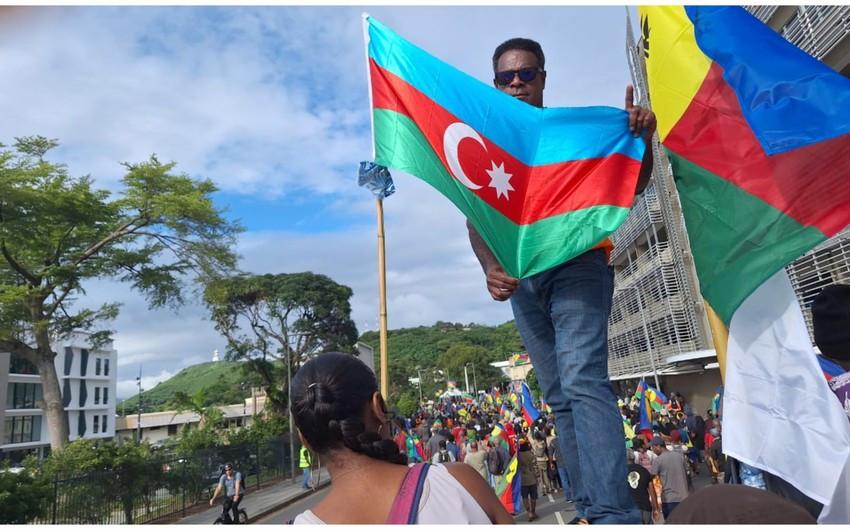
This strategic move is likely to encourage Armenia to resist fulfilling its contractual obligations and instead seek new alliances that align with its national interests. The involvement of non-regional actors could complicate the geopolitical landscape further, potentially leading to increased instability.
As France navigates its domestic challenges and geopolitical ambitions, its actions in the South Caucasus are under increasing scrutiny. This region, already fraught with historical tensions and ongoing disputes, represents a delicate balance of power where foreign military interventions can have far-reaching and often destabilizing implications.
Militarization vs. diplomacy
France's recent actions, particularly its provision of military hardware to Armenia, have been criticized for exacerbating regional tensions. Azerbaijan, in particular, has expressed concern that these moves undermine ongoing peace efforts and embolden revanchist elements within Armenia. The timing of these actions is particularly sensitive, given the recent steps towards normalization between Azerbaijan and Armenia, including border delimitation efforts and joint statements aimed at fostering regional cooperation.
Hikmat Haciyev, Assistant to the President of Azerbaijan, has highlighted that France's militarization policy poses a serious threat to the peace process. He argues that France's actions could derail the delicate progress made in the region, pushing it towards renewed conflict. This sentiment underscores the need for a more responsible and balanced approach from France, one that prioritizes diplomatic engagement over military intervention.
International norms generally discourage the militarization of states with histories of occupation and aggression. Armenia's past actions in the South Caucasus, which include prolonged conflicts and territorial disputes, position it within this category. Therefore, the rearmament of Armenia by France is seen as particularly controversial and irresponsible.
The provision of offensive weapons to Armenia not only raises the specter of renewed hostilities but also undermines the principles of international law that aim to prevent the escalation of conflicts. As a permanent member of the UN Security Council, France has a unique responsibility to uphold these principles and to contribute to global peace and security.
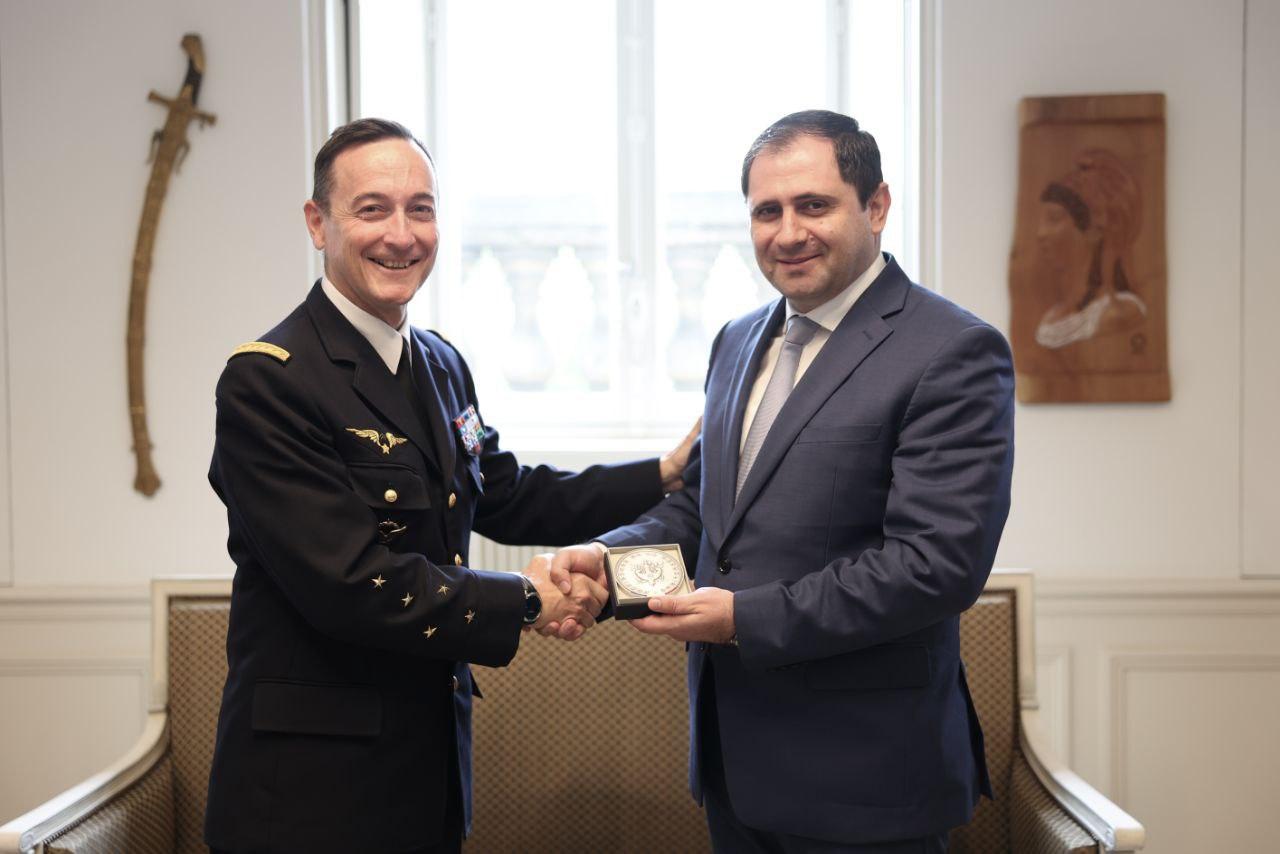
For lasting peace and stability in the South Caucasus, all involved parties must prioritize diplomatic solutions over militarization and geopolitical maneuvering. The region requires a concerted effort to address underlying issues through dialogue, confidence-building measures, and cooperative frameworks.
Conclusion
The Azerbaijani Defence Ministry's condemnation of France's military support to Armenia underscores the complexities and tensions in the South Caucasus region. France's involvement, driven by its strategic interests, has provoked strong reactions from Azerbaijan and could potentially destabilize the fragile peace process between Armenia and Azerbaijan.
As France navigates its domestic challenges and geopolitical ambitions, its actions in the South Caucasus will continue to be scrutinized. The situation highlights the delicate balance of power in the region and the far-reaching implications of foreign military interventions. For lasting peace and stability, it is crucial for all parties involved to prioritize diplomatic solutions over militarization and geopolitical maneuvering though Elysee seems driven by its own time-tested strategies that is to push the region to the brink of an abyss and then fish in the muddy waters.
The situation in the South Caucasus is a testament to the complexities of international relations and the critical importance of responsible foreign policy. France's actions in the region highlight the need for a delicate balance between strategic interests and the broader goals of peace and stability. Moving forward, it is essential for all parties, including France, to commit to diplomatic solutions and to avoid actions that could push the region to the brink of conflict. Only through such an approach can the long-term peace and prosperity of the South Caucasus be ensured.








